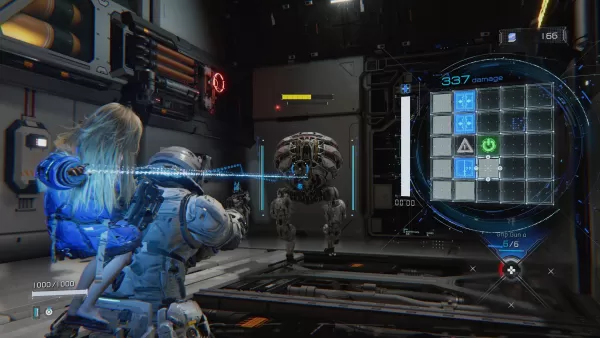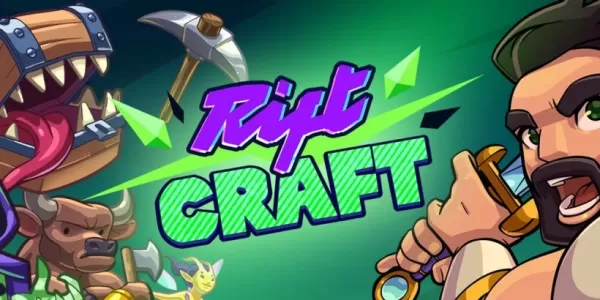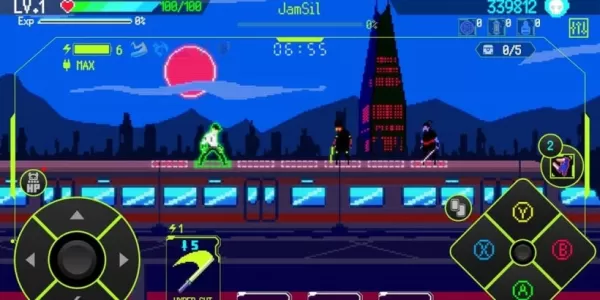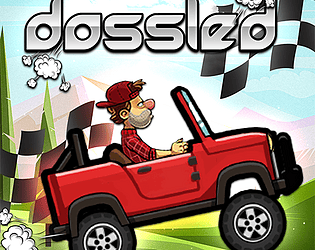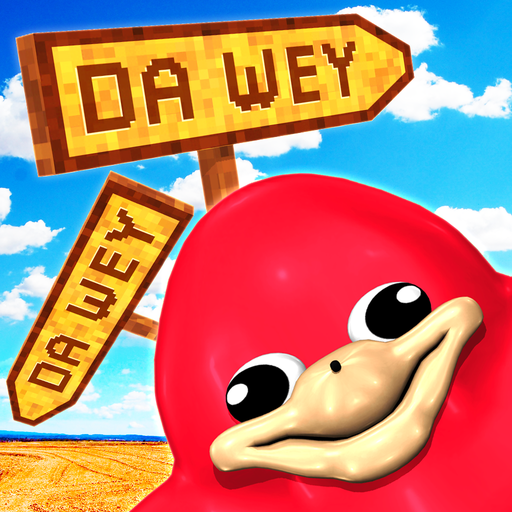Microsoft's recent unveiling of an AI-generated, playable demo inspired by Quake II has ignited a fiery debate across online gaming communities. Utilizing the company's cutting-edge Muse and World and Human Action Model (WHAM) AI systems, this demo showcases a novel approach to game development by dynamically creating visuals and simulating player interactions in real-time, all without the need for a traditional game engine.
Microsoft described the demo as a "bite-sized" interactive space where every player input triggers new AI-generated sequences, aiming to replicate the feel of playing Quake II. They emphasized the demo's role in shaping the future of AI-powered gaming experiences, inviting players to engage and provide feedback.
However, the reception to this demo has been overwhelmingly critical. When Geoff Keighley shared a video clip of the demo on social media, the response was largely negative. Many gamers expressed concerns over the potential future of AI in game development, fearing a shift towards AI-generated content that lacks the human touch and creativity that defines many beloved games.
Critics on platforms like Reddit and X/Twitter voiced fears that AI could lead to a homogenization of game content, with one user lamenting, "Man, I don't want the future of games to be AI-generated slop." Others criticized the demo's technical limitations, pointing out issues like inconsistent gameplay and lack of coherent world-building.
Despite the backlash, some individuals offered a more optimistic view, recognizing the demo as a proof-of-concept rather than a finished product. One commenter highlighted the potential of AI in early game development stages, suggesting it could be a valuable tool for concept and pitching phases, even if not suitable for full game creation.
The debate over Microsoft's AI demo reflects broader concerns within the gaming industry about the role of generative AI. While companies like Activision have started incorporating AI into game asset development, as seen with Call of Duty: Black Ops 6, there remains significant resistance from both players and creators. This resistance stems from ethical and rights issues, as well as the challenge of creating content that resonates with audiences.
The controversy surrounding AI in gaming was further highlighted by incidents like the failed AI-generated game experiment by Keywords Studios and the backlash against an AI-generated zombie Santa loading screen. Moreover, the use of AI in mimicking voice actors, as seen in the case of the AI Aloy video, has sparked discussions about the implications for the workforce in the entertainment industry.
As the gaming world grapples with these developments, the conversation continues to evolve, balancing the potential of AI to revolutionize game development with the imperative to preserve the human creativity and connection that gamers cherish.

